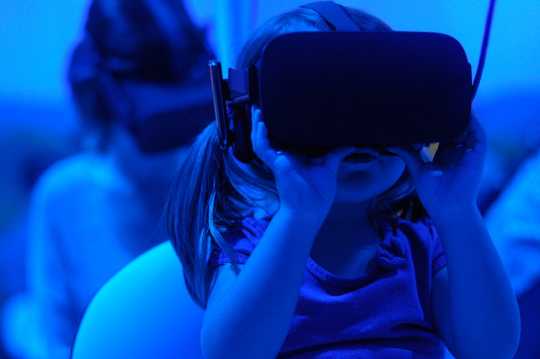Artificial intelligence (AI) has experienced a rapid rise in everyday life, transforming the way we live, work, and interact with the world around us. From virtual assistants like Siri and Alexa to self-driving cars and predictive algorithms, AI has become increasingly integrated into our daily routines. In this blog post, we will explore the various ways in which AI is impacting our lives and discuss the opportunities and challenges that come with this technological advancement.
One of the most common applications of AI in everyday life is virtual assistants. These intelligent software programs are designed to assist users with tasks such as setting reminders, sending messages, and answering questions. Virtual assistants use natural language processing and machine learning algorithms to understand and respond to user queries, making them an invaluable tool for increasing productivity and efficiency. Companies like Apple, Google, and Amazon have all developed their own virtual assistant technology, which has become a staple in many households and businesses.
Another area where AI is making a significant impact is in the field of healthcare. AI-powered medical devices and diagnostic tools are revolutionizing the way in which doctors diagnose and treat patients. Machine learning algorithms are being used to analyze medical imaging scans, predict patient outcomes, and personalize treatment plans. AI is also being used to develop new drugs and therapies, speeding up the process of drug discovery and development. By leveraging the power of AI, healthcare providers are able to deliver more accurate diagnoses and better treatment options to patients, ultimately improving the quality of care.
AI is also playing a crucial role in the transportation industry, particularly with the development of self-driving cars. Companies like Tesla and Google’s Waymo have been investing heavily in autonomous vehicle technology, with the goal of creating safer and more efficient transportation systems. Self-driving cars use a combination of sensors, cameras, and AI algorithms to navigate the roads and make decisions in real-time. While there are still regulatory and safety challenges to overcome, the potential benefits of self-driving cars are immense, including reducing traffic accidents, alleviating congestion, and providing mobility options for those who are unable to drive.
In the realm of e-commerce, AI is being used to enhance the shopping experience for consumers. Online retailers like Amazon and Alibaba are using AI-powered recommendation systems to suggest products to customers based on their past purchases and browsing behavior. These personalized recommendations help to improve customer satisfaction and drive sales for businesses. Additionally, AI is being used to streamline the supply chain and logistics processes, allowing companies to better manage inventory, reduce shipping costs, and optimize delivery routes. By harnessing the power of AI, e-commerce companies are able to provide a more seamless and efficient shopping experience for customers.
AI is also making its mark in the entertainment industry, with streaming platforms like Netflix and Spotify using AI algorithms to recommend movies, TV shows, and music to users. These recommendation systems analyze user preferences and viewing habits to deliver personalized content recommendations, keeping viewers engaged and entertained. AI is also being used to create more immersive and interactive experiences, such as virtual reality and augmented reality applications. By leveraging AI technology, entertainment companies are able to deliver more compelling and engaging content to audiences around the world.
Despite the many benefits of AI in everyday life, there are also concerns about the ethical and social implications of this technology. One of the key challenges is the issue of bias in AI algorithms, which can lead to discriminatory outcomes and reinforce existing inequalities. For example, AI-powered hiring tools have been found to favor certain demographics over others, perpetuating gender and racial biases in the workplace. It is critical for developers and policymakers to address these biases and ensure that AI systems are fair and equitable for all individuals.
Another concern is the potential impact of AI on the job market. As AI technology becomes more advanced, there is a fear that automation will lead to job displacement and economic dislocation for workers in various industries. While automation has the potential to improve efficiency and productivity, it is important to consider the social and economic consequences of widespread job loss. Governments and businesses must work together to retrain workers and create new opportunities in industries that are less susceptible to automation.
Despite these challenges, the rise of AI in everyday life presents a wealth of opportunities for innovation and growth. As we continue to integrate AI technology into our daily routines, it is important to think critically about how we can leverage this technology to improve our lives and address societal challenges. By approaching AI with a thoughtful and ethical mindset, we can harness its power to create a more inclusive and sustainable future for all.
In conclusion, the rise of artificial intelligence in everyday life is transforming the way we live, work, and interact with the world around us. From virtual assistants and self-driving cars to personalized recommendations and immersive entertainment experiences, AI is reshaping our daily routines in profound ways. While there are challenges to be overcome, the potential benefits of AI technology are immense. By embracing AI innovation and addressing ethical considerations, we can create a future where artificial intelligence enhances our lives and drives positive change for society as a whole.

